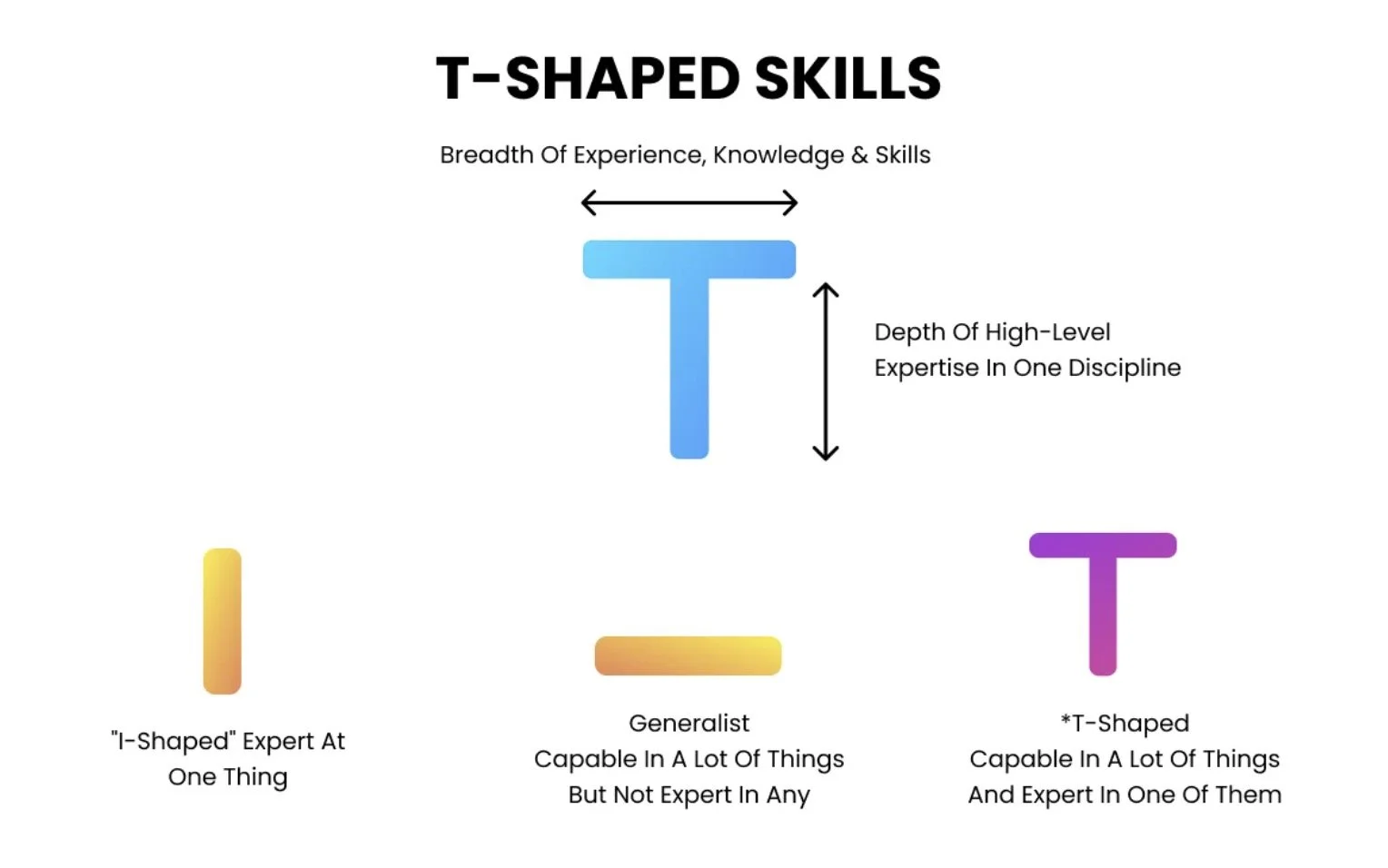Attracting Travelers After COVID-19
/As states and countries relax their restrictions on quarantine and social distancing, airlines and hotels will likely start offering generous discounts in order to generate demand and entice travelers back out into the world beyond their front doorstep.
A major step towards recovery in this segment is likely to come when larger corporations relax business travel restrictions, and other smaller companies follow suit. It is estimated that 5-10% of business travel may be eliminated permanently due to reduced travel budgets, business closure, unemployment, and the growth of online meetings.
A survey conducted by LuggageHero, indicated that 58% of Americans are planning to travel between May and September 2020, as long as their destinations aren't in quarantine.
Some analysts predict that air travel will not return to full strength until at least mid-2021 which means that leisure travelers are more likely to be taking staycations or car trips to surrounding states.
2020 may bring the re-birth of the road trip and hotels should pay particular attention to their drive markets as the likelihood is this segment is going to be the most likely to celebrate their post-quarantine freedom by taking a short trip within 2-3 hours' drive.
For these reasons, along with continued fear around the pandemic, leisure travel may recover at a slower pace and only recover to previous levels once a vaccine is developed.
The best way to manage your segmentation mix is to take a data first approach. Segment towards drive markets and test what works before expanding your reach and media spend. Also try to understand in-bound travel data as an indicator of where guests are arriving from and choose to target those areas first.












